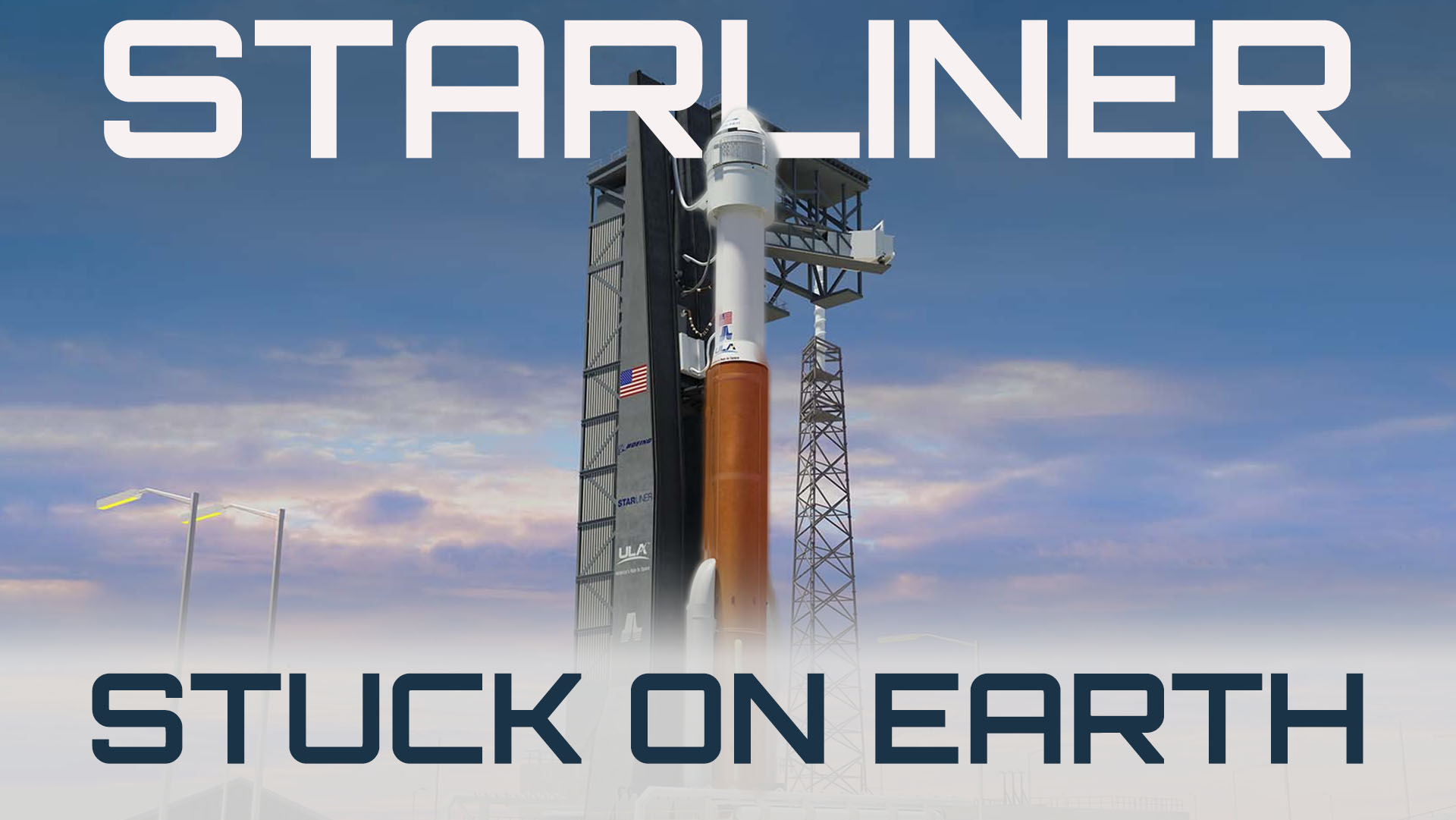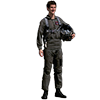Boeing Starliner Crewed Flight Test Delayed Again

Artist Impression of Boeing Starliner atop the United Launch Alliance (ULA) Atlas-V Rocket
Image courtesy: Boeing
Boeing's Starliner spacecraft, which is designed to carry NASA astronauts to the International Space Station (ISS), has faced another delay in its first crewed flight test. The launch, which was scheduled no earlier than July 21, 2023, has been postponed indefinitely due to two safety issues discovered during reviews last week.
The first issue involves the "soft links" that connect the parachute suspension lines to the spacecraft. These links were found to have a lower failure load limit than previously thought, meaning they could not handle the weight of Starliner if one of the three main parachutes failed. This is a requirement for NASA's certification of the spacecraft.
The second issue relates to the tape that covers the wiring harnesses throughout Starliner. This tape uses a flammable adhesive that could pose a fire hazard if exposed to an ignition source. Boeing is looking for solutions that would provide additional protection for the tape in the most vulnerable areas.
Boeing's Starliner program manager Mark Nappi said that the company decided to stand down from the crewed flight test mission in order to correct these problems. He said that a launch this year is still feasible, but he did not commit to any dates or timeframes.
NASA's Commercial Crew Program manager Steve Stich said that the agency supports Boeing's decision and that the safety of the crew is paramount. The crew for the Starliner flight test consists of NASA astronauts Barry "Butch" Wilmore and Sunita Williams, who have been training for the mission since 2018.
The Starliner crewed flight test is part of NASA's Commercial Crew Program, which aims to end the reliance on Russian Soyuz spacecraft for transporting astronauts to and from the ISS. Boeing's rival SpaceX has already flown three crewed missions with its Crew Dragon spacecraft under the same program.
The Starliner spacecraft has faced several setbacks since its development began in 2014. In December 2019, an uncrewed orbital flight test (OFT) failed to reach the ISS due to software errors and communication issues. In August 2021, a second uncrewed OFT was delayed by nearly 10 months due to stuck valves in the propulsion system. The OFT-2 mission was finally completed successfully in October 2021.

Craig has decades of experience contributing to Flight International, Aviation Week, KCRW, NPR, and appearances on the Discovery, Military and History Channels.

 Welcome to AeroSpaceNews.com, the world's first
Welcome to AeroSpaceNews.com, the world's first